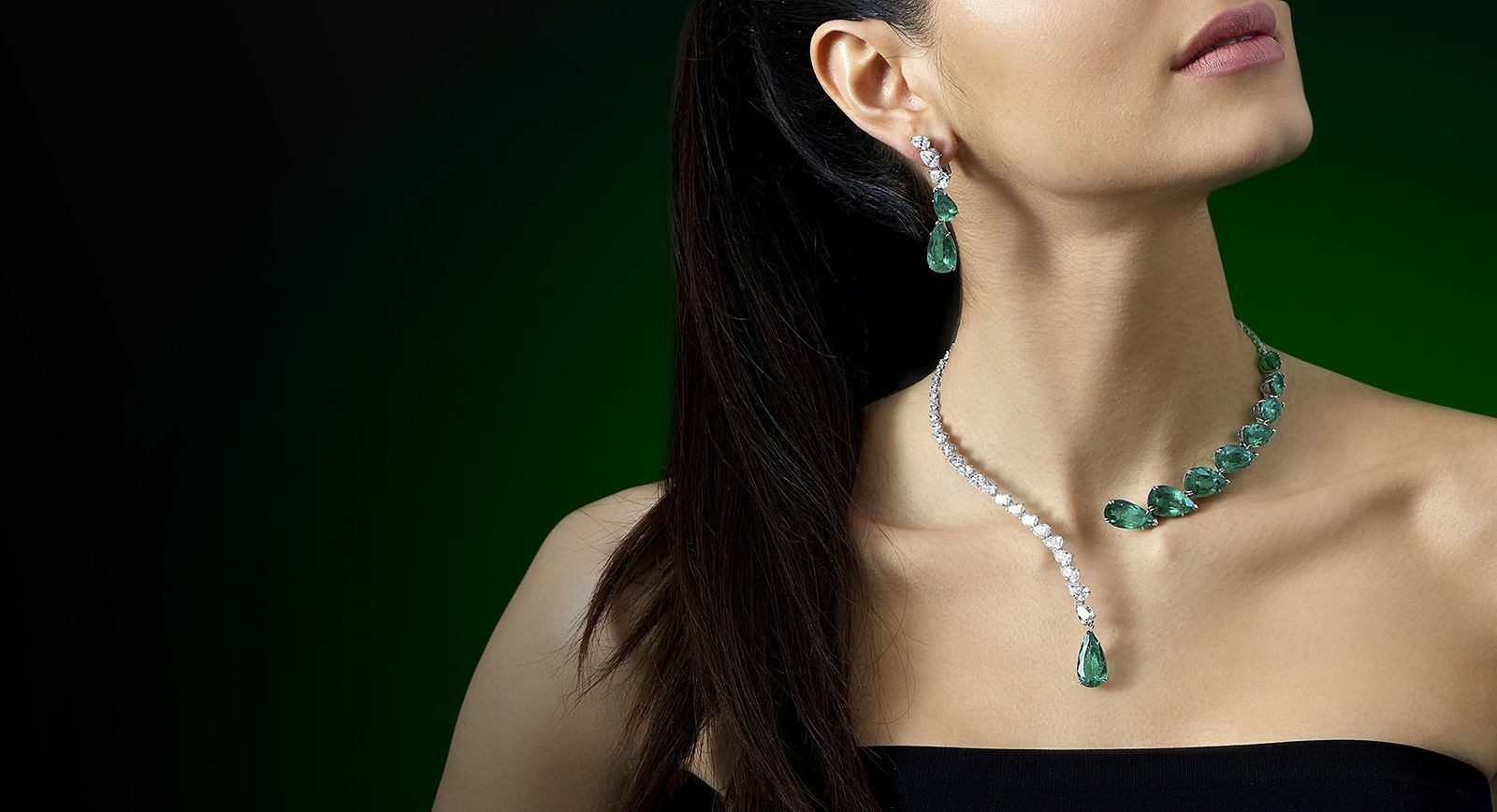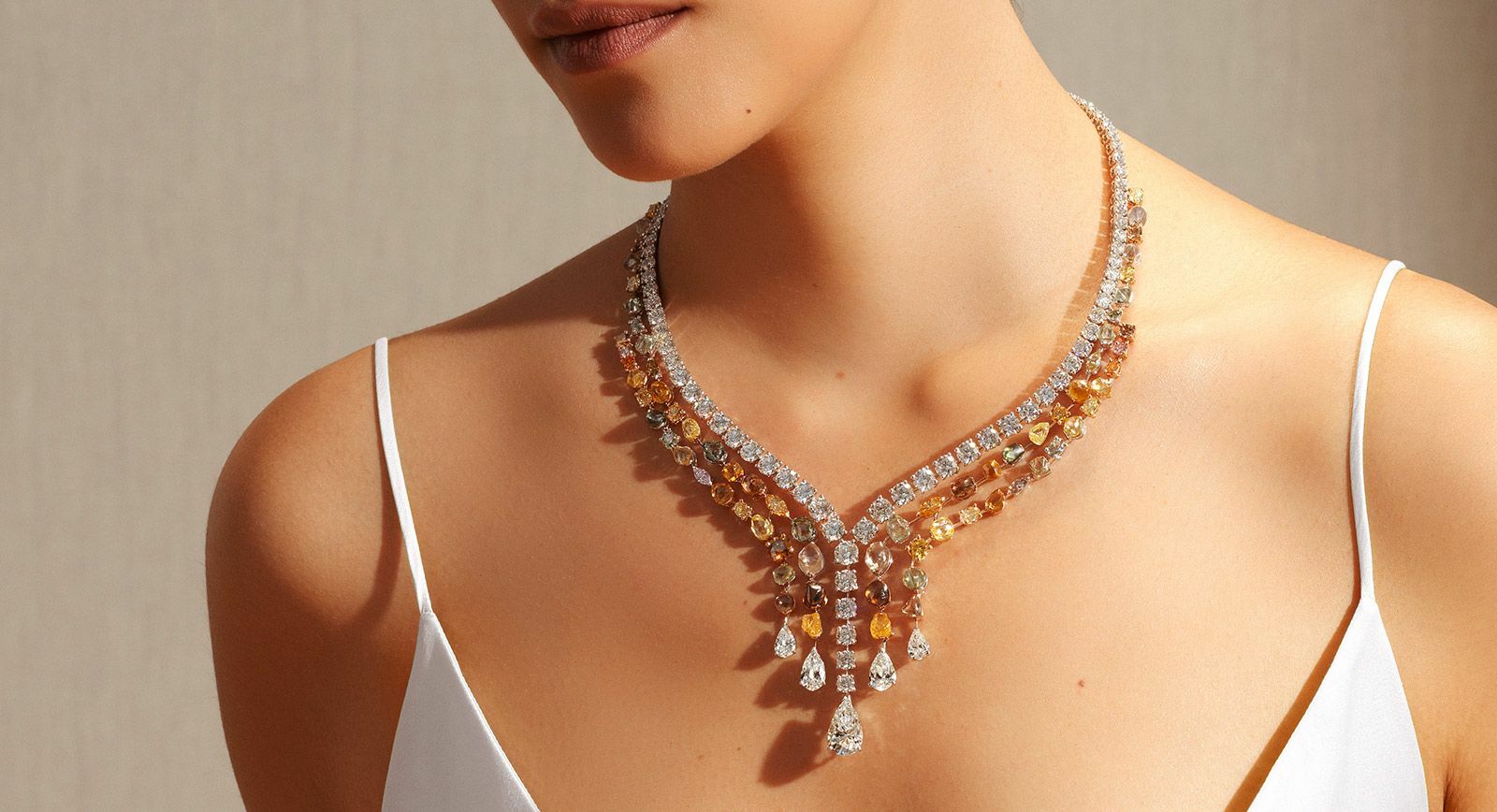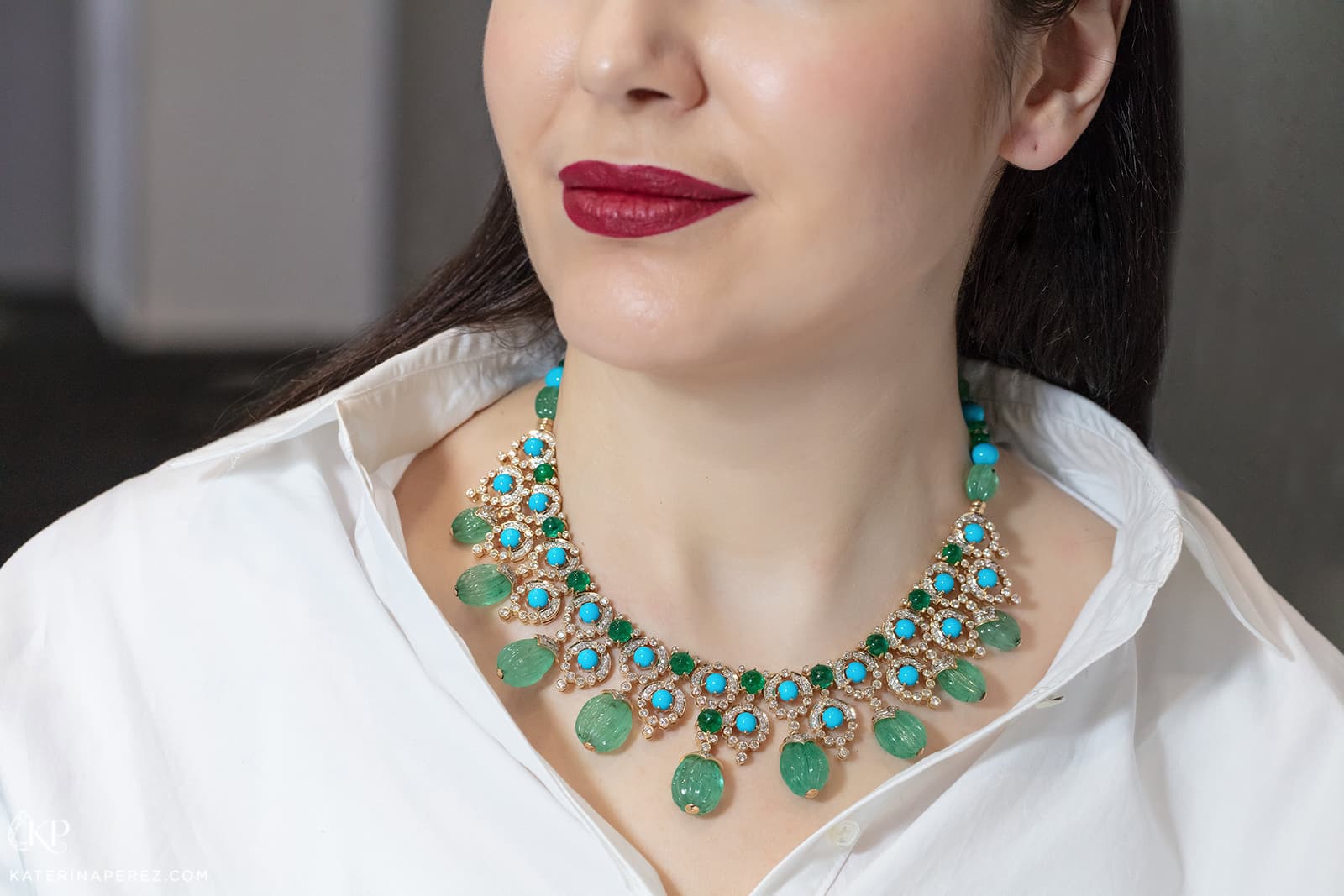Fine Jewellery Catches Fancy of Corporates and Private Equity Players in 2023

Fine Jewellery Catches Fancy of Corporates and Private Equity Players in 2023
For instance, the Aditya Birla Group recently launched Novel Jewels with an anticipated investment of Rs. 5,000 crores, entering the gold jewelry industry.
Titan Company of the Tata Group, which recently increased its investment in CaratLane from 71.09% to 98.28% for a price of Rs 4,621 crore, is not the only company with high hopes for the fine jewels market.

Private equity companies joining this market are ramping up and investing alongside other corporate organizations. For instance, the Aditya Birla Group recently launched Novel Jewels with an anticipated investment of Rs. 5,000 crores, entering the gold jewelry industry. Additionally, it intends to introduce internal brands and large-format jewelry forms.
“The younger generation’s evolving fashion tastes and buying choices have promoted the expansion of jewelry chains and a change in jewelry designs to lighter, more modern types. According to Devangshu Dutta, founder of Third Eyesight, this has also helped delink the cost from the product price to some extent.
Lighter-weight jewelry, according to industry analysts, has completely changed the business. Younger buyers are choosing 12, 14, and 18-carat jewels in minimalist designs instead of the conventional 22-carat jewelry line, following a trend primarily imitating Western markets. From a business standpoint, jewelry with an enhanced design always has larger gross margins than jewelry with traditional methods.
Leading silver jewelry company Giva Jewellery recently received finance for expanding its product range for Rs 200 crore from Premji Invest. Existing investors, including Aditya Birla Ventures, Alteria Capital, and A91 Partners, participated in the round. According to the company’s declaration, Giva supposedly introduces 250 new designs monthly.
:max_bytes(150000):strip_icc()/best-places-to-sell-jewelry-online-96f89dc5d34a4c58b69f3b2d4357d91c.jpg)
“We look forward to leveraging Premji Invest’s playbook on omnichannel across several consumer brands and retail businesses to strengthen our leadership position and establish our pan-India presence,” said Ishendra Agarwal, founder and CEO of Giva.
Giva intends to utilize the funds for inventory control and boosting its in-person presence in India. If you exclude the present capital, the business has already received funding of Rs 130 crore.
Prices for fine jewels in India range from Rs 5,000 to Rs 50,000. Caratlane, Tanishq, and Bluestone are a few of the segment’s major participants.
Fine jewelry, long considered a stalwart of personal luxury and family heirlooms, is increasingly catching the eye of a new breed of investors: corporate entities and private equity (PE) firms.
This unconventional trend, gaining momentum in 2023, reshapes the traditional boundaries between commerce and craftsmanship. In this article, we explore the reasons behind this growing interest, its impact on the fine jewelry industry, and what this could mean for the market as a whole.

Historically, the fine jewelry industry was nurtured primarily by family-owned enterprises, boutique artisans, and collectors who invested for personal, aesthetic, or sentimental reasons. Investment from corporate entities and PE firms was uncommon, given the highly fragmented market and specialized knowledge required to evaluate pieces accurately.
However, 2023 has witnessed a surge in corporate and private equity interest in this sector, reflecting a broader change in investment strategies. What’s driving this transition?
In volatile economic climates, companies and investment firms seek asset diversification. Fine jewelry, especially those made of gold, diamonds, and rare gemstones, holds intrinsic value and often appreciates over time, making it a stable and attractive asset class.
Well-established jewelry brands have enormous potential for scaling and are well-suited for global retail expansion. With the help of a corporate structure and strategic investment, these brands can extend their market reach more aggressively.

The rising popularity of branded and designer jewelry and a booming online marketplace makes the industry ripe for investment. Millennials and Gen Z consumers increasingly favor high-quality, ethically sourced, and unique pieces over mass-produced items, thus raising the sector’s profit potential.
Digital platforms for sales, marketing, and even virtual try-ons transform how fine jewelry is sold. Investors see an opportunity in companies that successfully blend craftsmanship with cutting-edge technology.
The influx of large-scale investors will likely lead to market consolidation as smaller family-run businesses find competing with well-funded, corporately-managed brands challenging.
With greater scrutiny from corporate governance structures and a demand for transparent sourcing, the industry is also likely to see a move towards more ethical and sustainable practices.
Investments from PE players often come with a stipulation for innovation, pushing the industry to adopt newer technologies faster. This improves customer experience and market reach.

The increased investment could lead to higher demand but might also bring about fluctuations in price, which could have a ripple effect throughout the industry.
The shift toward corporate and private equity investment in the fine jewelry industry will continue, provided the sector can adapt to the new operational and governance challenges.
In the long run, this could benefit both consumers and investors, as it could lead to more ethical practices, more significant innovation, and, potentially, more stable pricing.
The growing interest from corporate and PE investors in the fine jewelry sector is a remarkable development in 2023. While it poses challenges for smaller, family-run businesses, it brings the promise of innovation, scalability, and more sustainable practices, which could reshape the industry for the better.

Only time will tell whether this trend is a fleeting moment or the beginning of a transformative era for fine jewelry.



